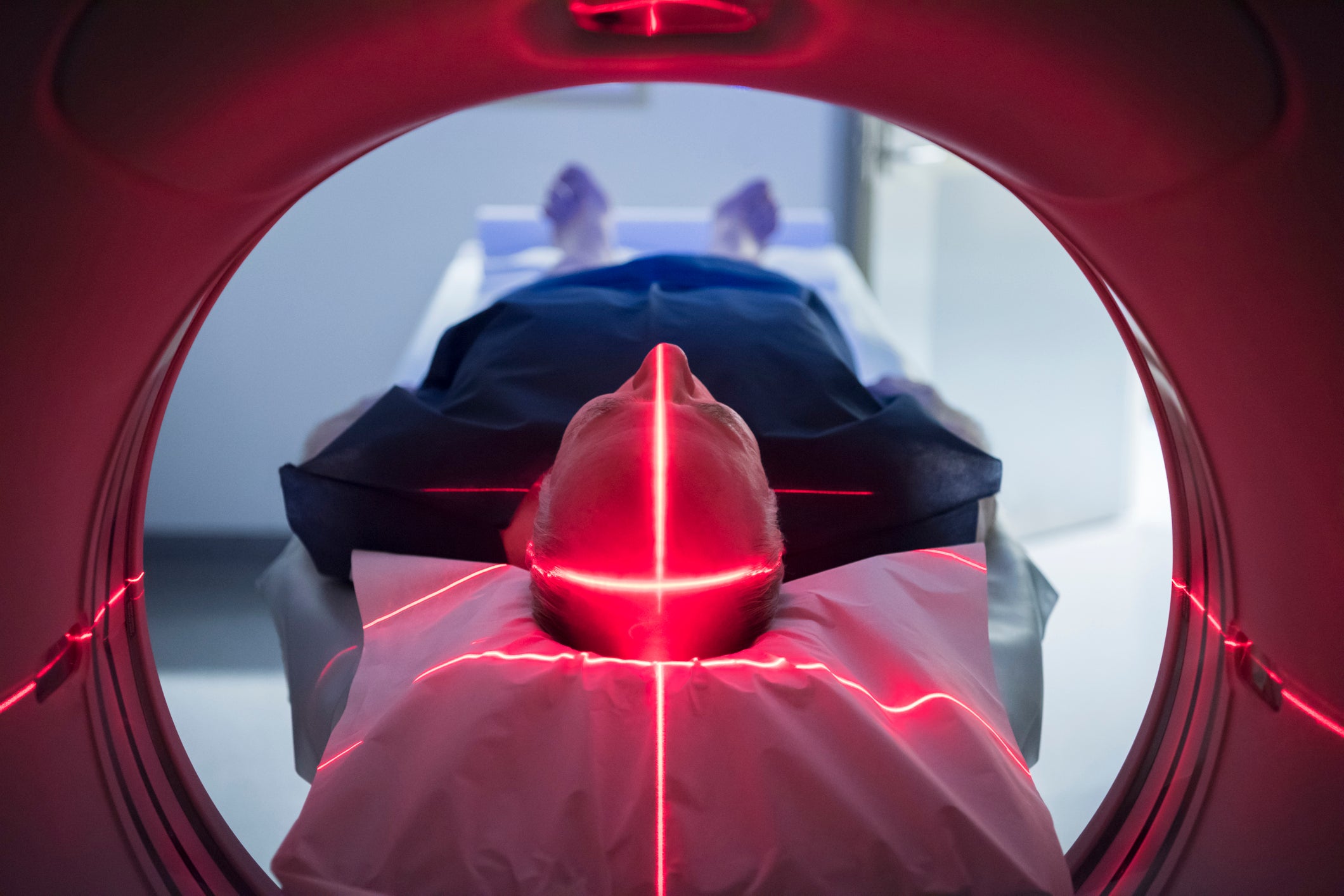The Independent's journalism is supported by our readers. When you purchase through links on our site, we may earn commission.
A British doctor has found a way to 'talk' to patients who are in a vegetative state
He's been described as the man who explores 'the border between life and death'

Your support helps us to tell the story
From reproductive rights to climate change to Big Tech, The Independent is on the ground when the story is developing. Whether it's investigating the financials of Elon Musk's pro-Trump PAC or producing our latest documentary, 'The A Word', which shines a light on the American women fighting for reproductive rights, we know how important it is to parse out the facts from the messaging.
At such a critical moment in US history, we need reporters on the ground. Your donation allows us to keep sending journalists to speak to both sides of the story.
The Independent is trusted by Americans across the entire political spectrum. And unlike many other quality news outlets, we choose not to lock Americans out of our reporting and analysis with paywalls. We believe quality journalism should be available to everyone, paid for by those who can afford it.
Your support makes all the difference.A British neuroscientist is making awe-inspiring medical breakthroughs by communicating with people who are in a vegetative state.
Dr Adrian Owen has been studying the minds of such patients for more than 20 years, and says the flashes of awareness that some patients show is astounding.
He uses hospital scanners alongside an array of new techniques to spot activity in the brain that could suggest signs of consciousness.
One of the secrets? Asking the patient to imagine playing a game of tennis. It’s an exercise that typically causes a dense network of synapses to fire along the top of healthy brains.
And, for one in five of the patients he deals with, this causes their brains to light up with activity on an MRI scanner.
He chooses tennis because it produces an “unmistakable” pattern in the brain’s pre-motor cortex, which processes movement.
It’s complex for the brain because everything from the grip of the racket to the movement of the ball must be imagined.
Patients are taken to London, Ontario in Canada - where Dr Owen is now based - for the testing sessions, which last for five days.
Dr Owen challenges them to imagine tennis for 30 seconds at a time, 10 times in a row, to make “100% sure the person is responding”.

The first time it worked, “It really was like magic. We had found her. I was ecstatic,” he told the Daily Mail.
Suddenly, a new opportunity was opened. Patients who couldn’t signal yes or no to questions using physical movements could be asked to simply imagine playing tennis to answer questions in the affirmative.
The first patient to communicate in this way was known as Scott.
“On that day, and on many occasions in the months that followed, we conversed with Scott through this magical connection we had made between his mind and our machine,” Dr Owen told the Mail.

“He was able to tell us he knew who he was, he knew where he was, and he knew how much time had passed since his accident.”
The terrifying reality of being trapped inside your own body, in your own world, was underlined by a letter he received from one patient years after she regained consciousness.
The woman, in her 20s, wrote: “Please use my case to show people how important the scans are. I was unresponsive and looked hopeless, but the scan showed people I was in there. It was like magic, it found me.'
Dr Owen says it could be a long time before his techniques are approved as standard clinical practice.
He told TED: “These things are not decided by scientists. They’re decided by, you know, task forces and the Royal College of Physicians in the UK and boards of physicians who maybe meet every ten years to re-evaluate the diagnostic criteria.”
Dr Owen’s book – called Into The Grey Zone: A Neuroscientist Explores The Border Between Life And Death – is released on September 7.
Join our commenting forum
Join thought-provoking conversations, follow other Independent readers and see their replies
Comments